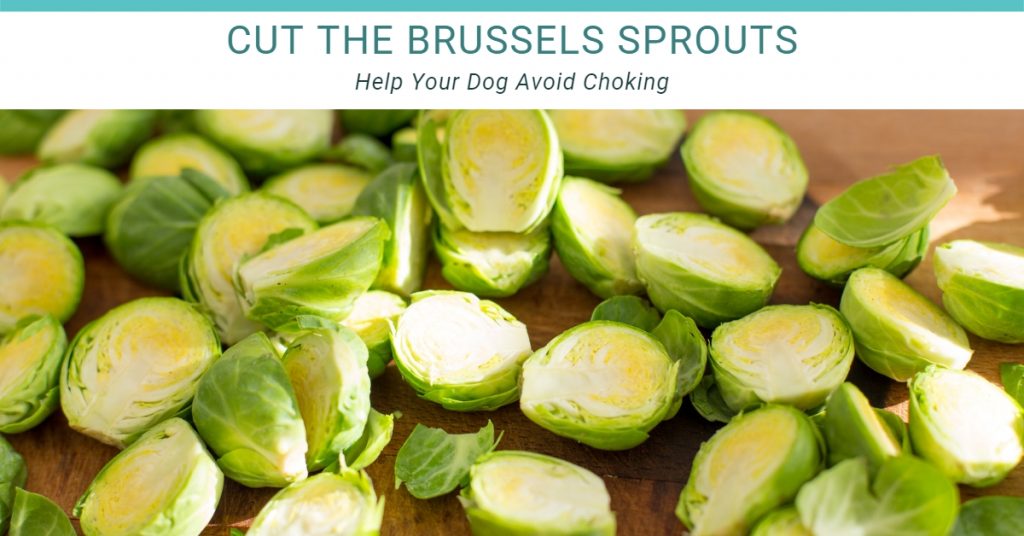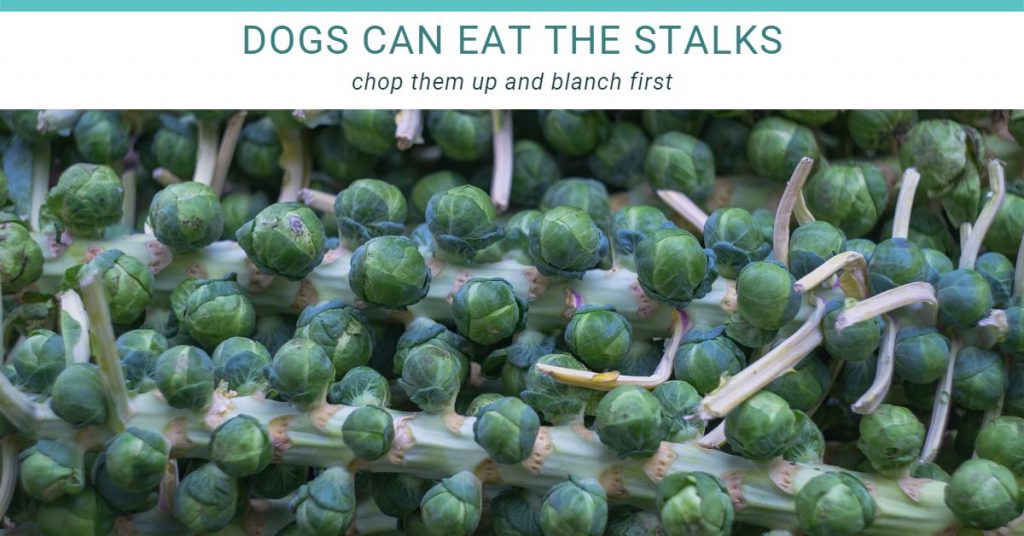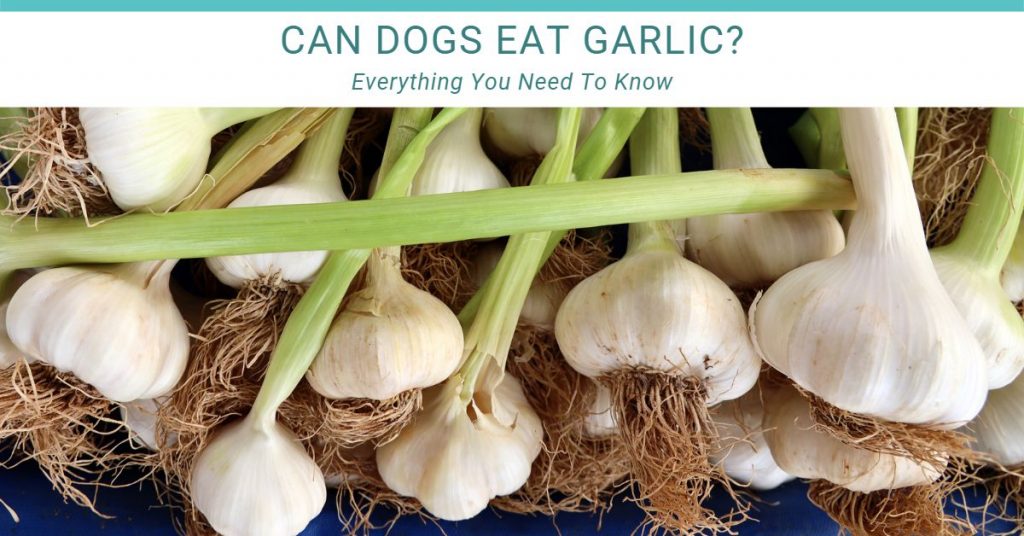Dogs and Brussels Sprouts: Surprising Facts!
It’s true, brussels sprouts are one of those nutrient-rich vegetables that you either love or hate.
But can dogs eat brussels sprouts?
Yes, dogs can eat brussels sprouts and they are good for them in moderation! The love or hate relationship usually stems from the odor they generate while being cooked. They can be quite overpowering but they are often delicious when seasoned correctly. I am even able to get my three kids to eat them with proper seasoning.
They offer tons of health benefits for humans like dietary fiber, vitamins A, C, K, and E, and some essential minerals. Dogs can also benefit from the vitamins and minerals that are found in this unique vegetable.
The good news is dogs can eat brussels sprouts. They are perfectly healthy for dogs. So if your dog happened to grab some off your plate or one fell on the ground, there is no need to panic. There is not anything listed as toxic or bad for dogs in brussels sprouts. Love them or hate them, these wonderful vegetables are loaded with antioxidants that can improve your dog’s immune system and other bodily functions.
It should be noted that the dog should not exceed 7-10% of its daily intake as brussels sprouts. Eating more than 10% can throw off the dietary balance of the dog. Introduce small amounts a little at a time to evaluate any possible side effects. With any new vegetable or food, it is prudent to follow those guidelines to avoid GI issues with your dog. Too much at one time can leave your dog in pain, and you with a huge mess to clean up.

Can Dogs Eat Raw Brussels Sprouts?
Yes, dogs can eat raw brussels sprouts. They are non-toxic and nothing in them is poisonous to dogs when raw.
The thing to watch out for is the potential choking hazard. The round ball is almost the perfect size and shape to get lodged in a dog’s throat. It is best to cut them in half or quarters at the very least to reduce this risk. Especially for dogs that tend to gulp food down without chewing much.
Personally, I have never had a dog that didn’t eat its food as fast as possible. To avoid the choking risk I always slice them into quarters or even better yet I grind them into the dog’s raw food when I am grinding bone. Extra caution should be taken with smaller breeds.

Can Dogs Eat Brussels Sprouts Cooked?
In most cases, cooked brussels sprouts are better for your dog. The act of cooking the brussels sprouts helps to break down the cell walls of the plant. This makes it easier for the dog to digest the plant fully. Complete digestion means that they gain the most benefit from what they are eating. The dog is able to absorb the vitamins and minerals that are contained within. To be clear, dogs will get vitamins and minerals from raw brussels sprouts, it is best to feed dogs cooked brussels sprouts.
The two main ways to cook brussels sprouts for a dog are either steaming or baking. You should not stir-fry them with oils or butter. They should also be cooked bland. Dogs do not need spices or any flavor enhancers in their food, some of them are very toxic to dogs. Use these same techniques to cook broccoli, cauliflower, kale, or collard greens which all oddly enough are descendants of the mustard plant.
Do Brussels Sprouts Provide Any Benefits To Dogs?
They are fairly high in both vitamins and minerals. In a single 100g cup of chopped brussels sprouts there are the following vitamins:
Vitamin A – 775 Iu – Vitamin A helps support the dog’s healthy skin and coat. There is also evidence to suggest that vitamin A helps maintain a dog’s healthy brain function.
Vitamin C – 62mg – Vitamin C is a powerful antioxidant that plays an important role in a dog’s immune system. It can also help reduce inflammation caused by free radicals.
Vitamin K – 140mcg – this vitamin helps a dog maintain healthy blood. It aids in the dog’s ability to form blood clots. It is also associated with healthy heart muscles and strong bones.
Folate – 60mcg – Folate helps support the healthy growth of fetal cells during pregnancy. It also allows for rapid cell growth in puppies. Another role of this nutrient is that it aids in the formation of blood in the dog’s bone marrow.
Choline – 40.6mcg – this essential nutrient helps to detoxify the liver and is also a precursor to dopamine in the dog. There are supplements on the market that are used to treat dogs with seizures that feature this mineral.
Each of these vitamins plays an important role in a dog’s health. Vitamin A supports a dog’s healthy skin, coat, and brain function. Vitamin C is a powerful antioxidant that boosts the immune system and can help reduce inflammation from free radicals. Vitamin K is associated with healthy heart muscle, strong bones, and the ability of the dog’s blood to clot. Folate helps support a healthy pregnancy, allows for rapid cell growth in puppies, and helps form blood cells in the bone marrow.
So as you can see, feeding your dog brussels sprouts can provide many essential vitamins and minerals. The vitamins and minerals in brussels sprouts can affect many parts of a dog’s overall health. They provide a similar nutritional profile to both collard greens and cauliflower. They make an excellent addition to any dog’s meal.
FAQ: Can Dogs Eat Brussels Sprouts?
How to cook brussels sprouts for dogs?
Can dogs eat brussels sprouts stalks?
Can dogs eat brussels sprout leaves?

Summary: Can Dogs Eat Brussels Sprouts
- Dogs can eat brussels sprouts raw, steamed, baked, or boiled
- Do not add any flavor enhancers to the sprouts. Avoid butter, garlic, onions, or any allium for that matter
- It’s best to cut them in half or quarters to prevent choking hazards
- Brussels sprouts are an excellent source of vitamins and minerals for your dog
- If your dog does not like Brussels sprouts, try pears, mango, and pineapples.
Please comment below if you feed your dog brussels sprouts. How do you prepare them for your dog?



